Dental implants have revolutionized the field of restorative dentistry, offering a robust and long-lasting solution for individuals with missing teeth. The search for the best teeth implants involves navigating various types of dental implants and understanding individual needs and circumstances. Whether you’re dealing with single tooth loss or require a full arch replacement, understanding the options available can significantly impact your quality of life.
In this article, we will explore the different types of dental implants, their advantages and disadvantages, the materials used in implantology, the cost implications of dental implants, and how to choose the best option tailored for you.
Which type of dental implants are best?
When it comes to identifying which type of dental implants are best suited for your situation, it’s essential to consider several factors, including the condition of your jawbone, the number of missing teeth, and your overall health. The most common types include endosteal, subperiosteal, and zygomatic implants, each with unique characteristics that determine their suitability for various patients.
Endosteal (most common)
Endosteal implants are widely regarded as the standard in modern dentistry. These implants resemble screws and are surgically inserted into the jawbone. Once placed, they undergo a process called osseointegration, where the bone fuses with the implant, creating a sturdy foundation for artificial teeth. This type of implant is versatile enough to accommodate single tooth replacements, multiple teeth, or even an entire arch.
The success of endosteal implants largely hinges on the patient’s oral health and the density of the jawbone. An ideal candidate should possess sufficient bone strength to support the implant, which may sometimes necessitate preliminary assessments or imaging tests.
Single Tooth Implants
Single tooth implants are designed specifically to replace one lost tooth. They offer a reliable and aesthetically pleasing alternative to traditional bridges or dentures.
The benefits of opting for a single tooth implant are numerous. First, it prevents surrounding best teeth implants from shifting out of alignment, preserving overall oral health. Additionally, since the implant functions like a natural tooth, it allows for hassle-free eating and improved speech. With proper care and maintenance, these implants can last for many years, making them a worthwhile investment.
However, potential candidates must consider the surgical procedure involved and allow time for healing before the crown is placed. While it might seem daunting, the long-term benefits typically outweigh the inconvenience of initial recovery.
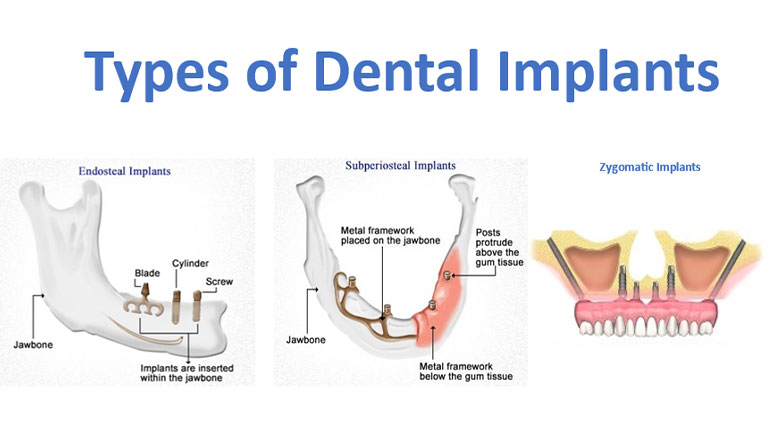
Multiple Tooth Implants
For those facing the challenge of several missing teeth, multiple tooth implants provide a stable and secure alternative. In this scenario, a series of implants can be strategically placed to support either a dental bridge or a denture.
Replacing multiple teeth with implants enhances chewing power and comfort compared to removable dentures. It also helps maintain the integrity of facial structure by preventing bone loss in areas where teeth are missing.
As with single tooth implants, patients need to manage expectations regarding surgical timelines and healing periods. However, the enhanced stability and functionality offered by multiple tooth implants make them an attractive option for many.
Full Arch Implants
Full arch implants provide a comprehensive solution for patients requiring complete tooth restoration. This approach involves placing a few implants that serve as anchors for a full dental bridge or overdenture.
One of the primary advantages of full arch implants is that they effectively restore both function and aesthetics, allowing patients to regain confidence in their smiles. Unlike traditional removable dentures, which can shift or slip, full arch implants provide a secure fit that improves comfort while eating and speaking.
While the placement of full arch implants may involve more extensive surgery, patients often find the results highly rewarding, enjoying significant improvements in overall quality of life.
Advantages and disadvantages of each type
When comparing the various types of dental implants, it’s crucial to weigh the advantages and disadvantages of each.
Advantages of Endosteal Implants
- High Success Rate: When properly placed and cared for, endosteal implants exhibit high success rates, often exceeding 95%.
- Stability and Durability: Thanks to osseointegration, these implants feel secure and function like natural teeth.
- Improved Appearance: Endosteal implants restore the natural look of teeth, enhancing self-confidence.
- Preserves Jawbone: The stimulation provided by the implant helps prevent bone loss, maintaining jaw structure.
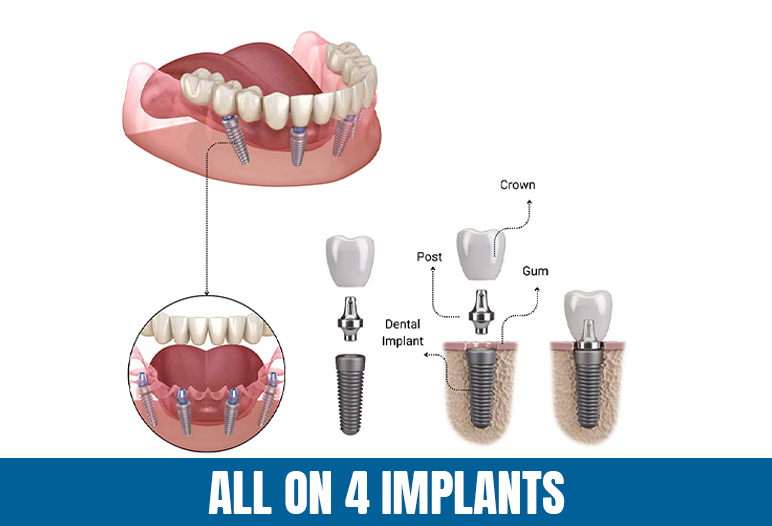
Disadvantages of Endosteal Implants
- Surgical Procedure: Placement requires surgery, which may deter some patients.
- Healing Time: Patients must allow weeks to months for osseointegration, during which dietary restrictions may apply.
- Bone Grafting Necessity: If bone density is insufficient, additional procedures such as bone grafting may add complexity and extend healing times.
Advantages of Subperiosteal Implants
- Suitable for Low Bone Density: Ideal for patients with inadequate jawbone structure who may not qualify for endosteal implants.
- Minimal Bone Intrusion: Since subperiosteal implants sit on top of the bone, they often require less invasive techniques.
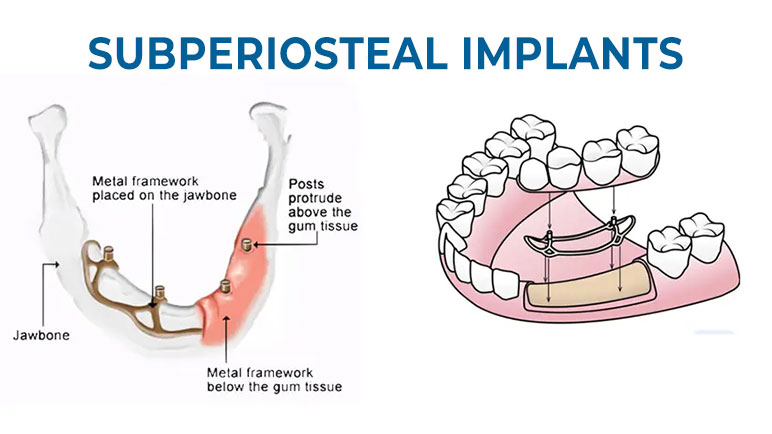
Disadvantages of Subperiosteal Implants
- Lower Success Rate: Compared to endosteal implants, they have a diminished success rate and longevity.
- Vulnerability to Infection: Their positioning makes them more susceptible to infection.
- Less Stability: Patients may experience less stability with subperiosteal implants, affecting everyday activities like chewing.
Advantages of Zygomatic Implants
- Solution for Severe Bone Loss: Provides an effective option for patients with considerable upper jaw bone loss.
- Improved Chewing and Stability: Offers excellent support for full arch restorations.
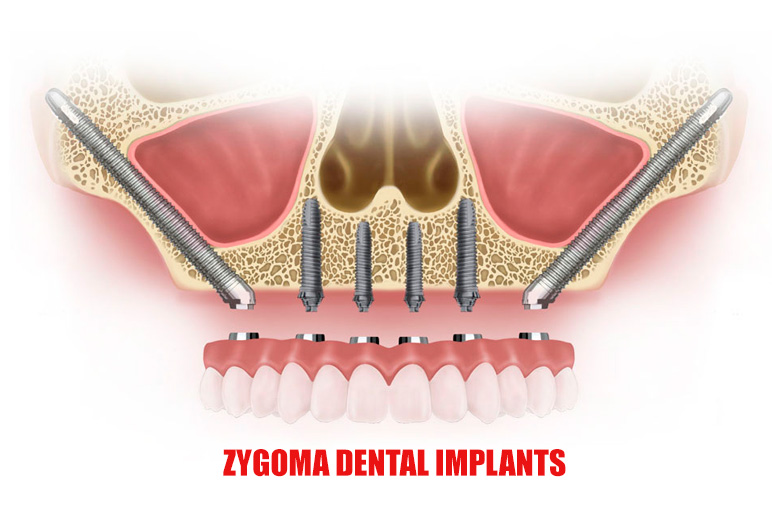
Disadvantages of Zygomatic Implants
- Complex Surgery: Involves intricate surgical procedures, leading to longer recovery times.
- Higher Costs: Typically more expensive due to advanced techniques required for placement.
Dental Implant Materials
Choosing the right tooth implant material is crucial for success in dental implant procedures. The materials used directly influence the aesthetic outcome, compatibility with the body, and longevity of the implant.
Titanium Implants
Titanium remains the gold standard in implant materials due to its biocompatibility and durability. This metal integrates well with bone tissue, minimizing the risk of rejection. Additionally, titanium’s resistance to corrosion contributes to its long-term reliability.
The use of titanium implants has garnered widespread recognition and acceptance in dental practices globally. The ability of titanium to bond with bone creates a solid foundation for artificial teeth, significantly enhancing functional capabilities.
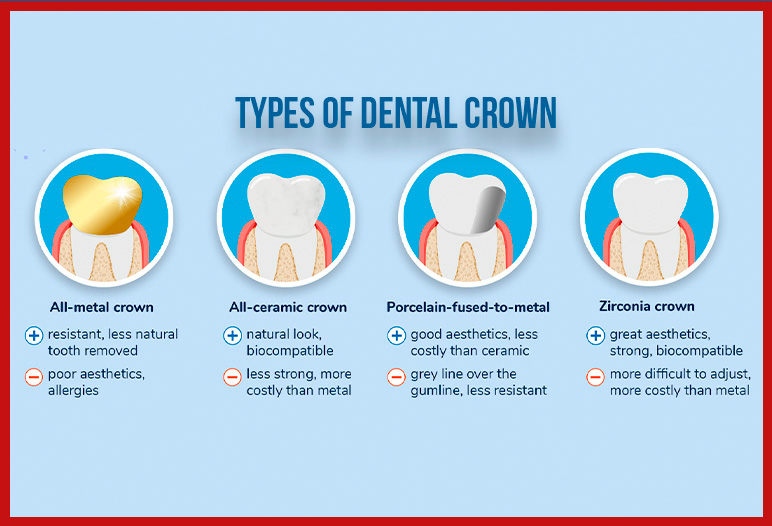
Zirconia Implants
In recent years, zirconia implants have emerged as an alternative to titanium. Made from ceramic material, zirconia implants offer an aesthetically pleasing solution that matches the natural color of teeth.
These implants are also known for being hypoallergenic, making them suitable for patients with metal sensitivities. Although still limited in application compared to titanium, zirconia implants have gained popularity among patients seeking a more natural appearance.
Composite Implants
Composite materials combining both titanium and ceramic are considered in certain cases. While they aim to leverage the strengths of both materials, further research is necessary to fully understand their effectiveness and longevity.
The clinical outcomes of composite implants remain under scrutiny, but ongoing advancements in materials science continue to evolve, potentially expanding options for future patients.
Consideration Factors for Implant Materials
Selecting the appropriate implant material involves collaboration between the dentist and patient. Factors influencing this choice include:
- Aesthetics: Depending on the visible area of the mouth, patients may prefer materials like zirconia for better cosmetic outcomes.
- Allergies: Some individuals may have allergies to metals, steering them toward non-metal alternatives.
- Long-Term Success: While titanium has proven itself over decades, emerging materials may not yet have established longevity data.
In summary, the choice of implant materials in dentistry is crucial in achieving optimal results. Discussing preferences with a dental professional will help narrow down the options based on individual circumstances.
Are Dental Implants Worth the Money?
Understanding whether dental implants are worth the money requires consideration of both immediate and long-term benefits. While the upfront costs may be higher than traditional dentures or bridges, the durability and functionality often justify the investment.
Long-Term Investment
Dental implants are designed to last for many years, if not a lifetime when maintained correctly. Unlike dentures, which may require frequent replacements or adjustments, implants eliminate ongoing costs associated with traditional tooth replacement methods.
By stimulating the jawbone, implants also help prevent bone loss, potentially delaying the need for future invasive procedures. This preservation of oral health can lead to savings in dental expenses over time.
Quality of Life Improvement
Beyond economics, dental implants can dramatically enhance an individual’s quality of life. Improved speech and restored chewing ability contribute positively to daily living. Regaining the confidence associated with a full set of teeth can impact social interactions, boosting self-esteem and mental well-being.
Patients often report feeling more comfortable in social situations, no longer concerned about loose or ill-fitting dentures. The freedom to eat what they want without worry adds to the appeal of choosing implants as a permanent solution to tooth loss.
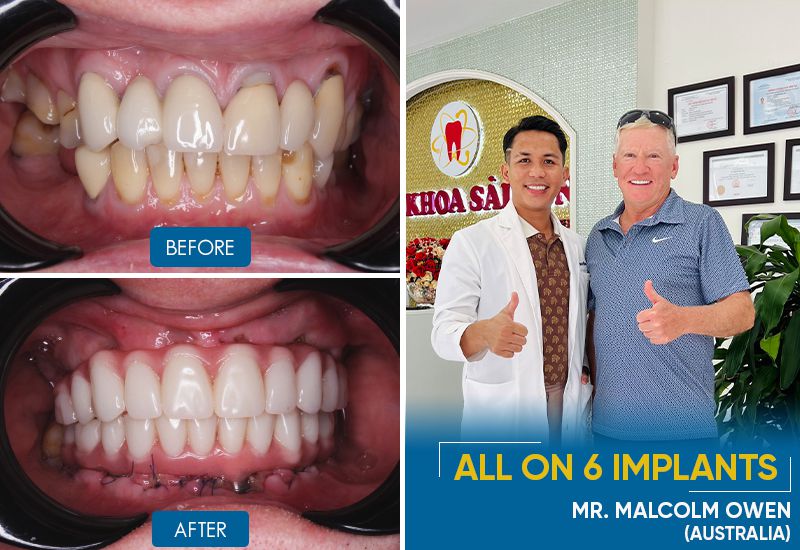
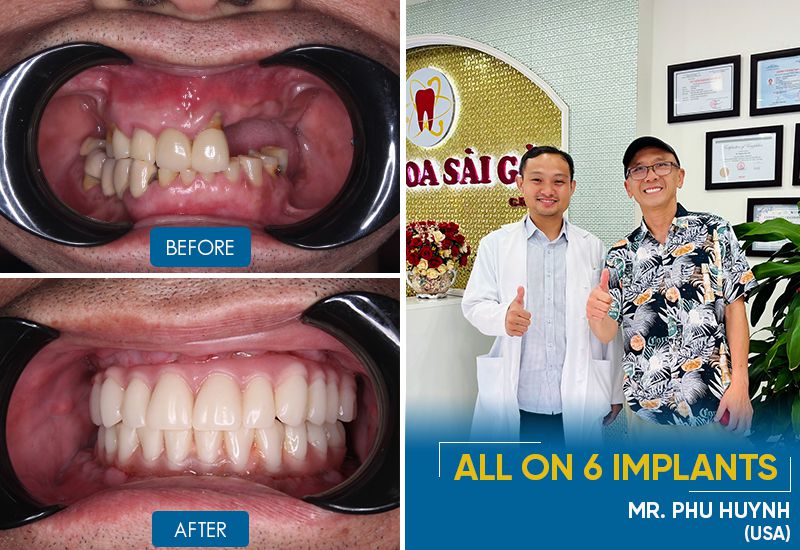
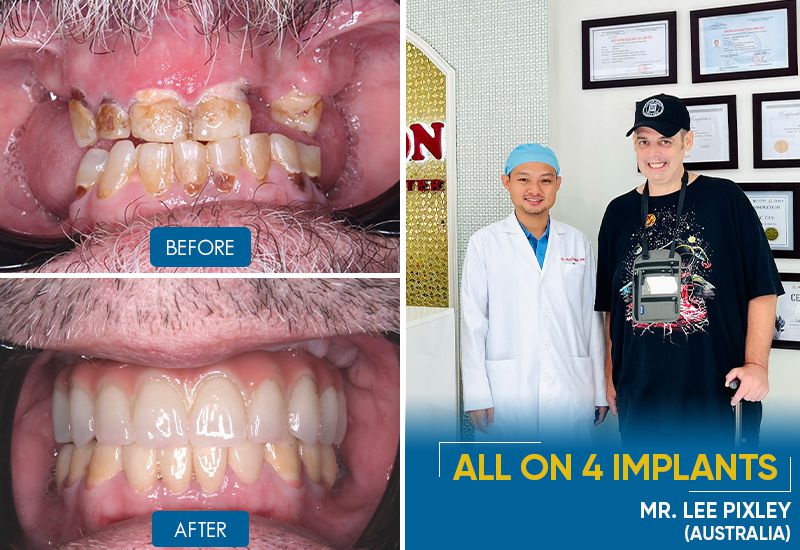
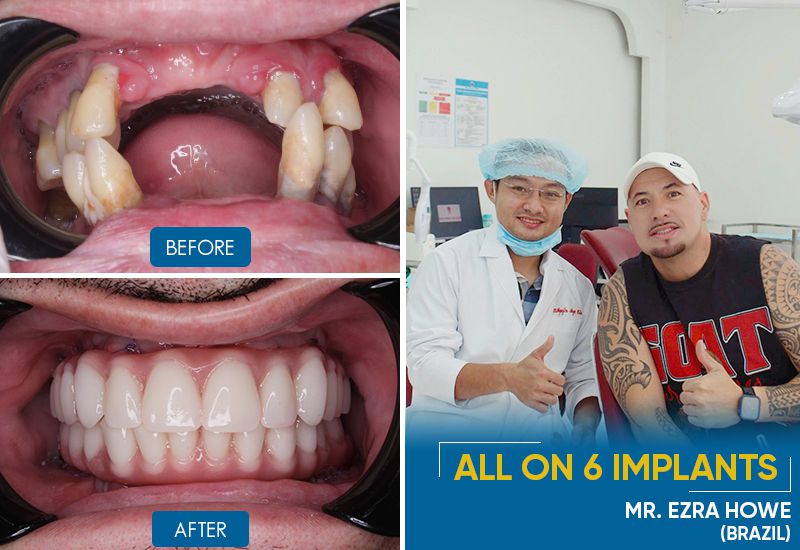
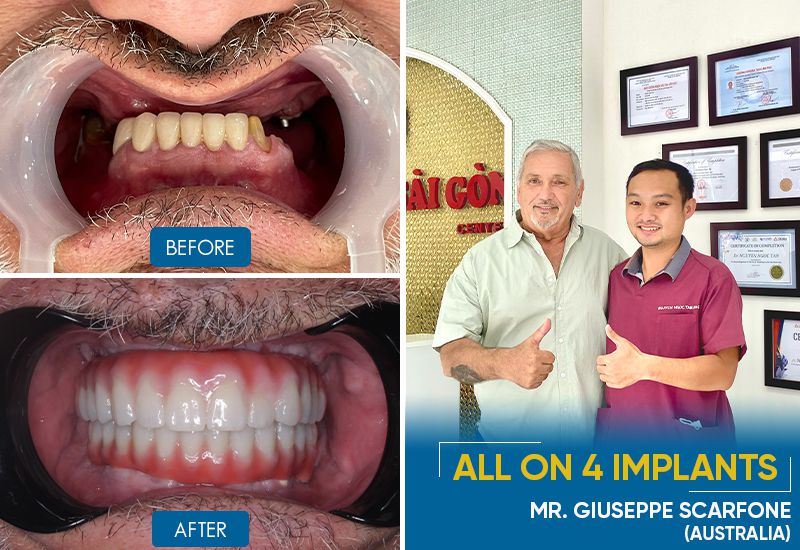
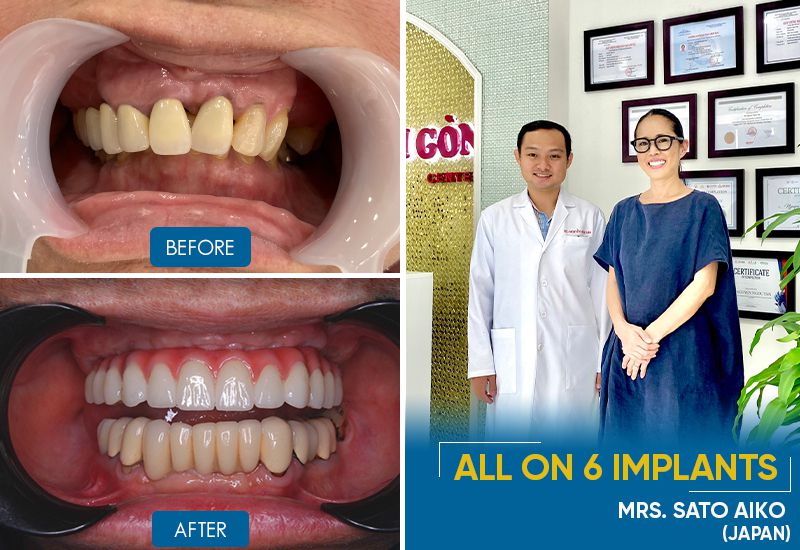
Cost Considerations
Despite the myriad advantages, cost remains a critical factor for many individuals considering dental implants.
Several elements influence the overall cost:
- Number of Implants Required: Each additional implant incurs extra expenses related to materials and surgical procedures.
- Surgical Complexity: Cases that require bone grafting or sinus lifting will incur higher expenses due to added complexity and time.
- Location and Provider Expertise: Geographic locations and the credentials of the surgeon can lead to significant price variations.
Many dental practices offer financing options to help patients manage the cost, making dental implants accessible to wider audiences.
Choosing the Best Teeth Implants
The process of selecting the best dental implants goes beyond merely assessing the different types available. A collaborative discussion with your dental professional will guide you through the evaluation process, ensuring you receive tailored recommendations based on your specific needs.
Comprehensive Evaluation
Before proceeding with any dental implant treatment, a thorough evaluation is essential. This examination may include imaging studies to assess bone density, overall oral health status, and any underlying conditions that could affect the success of the implant.
Your dentist will discuss previous dental history, lifestyle factors, and personal preferences to ensure that the chosen implant solution aligns with your overall well-being and goals.


Personal Preferences
Understanding individual preferences allows dentists to present options that resonate with patients. Factors such as aesthetic desires, lifestyle choices, and concerns about surgical procedures should be openly addressed.
If you have reservations about surgical invasiveness, discussing alternatives like subperiosteal or zygomatic implants can lead to a more comfortable decision-making process.
Treatment Timeline
Once a suitable implant type is selected, your dentist will outline a comprehensive treatment plan that includes timelines for each phase, anticipated healing periods, and post-operative care requirements. Clear communication regarding the process can alleviate anxiety and allow for better preparedness.
Moreover, understanding what to expect during recovery will empower patients to take proactive steps toward successful healing.
Conclusion of Explore Best Teeth Implants Types
In conclusion, dental implants represent a remarkable advancement in restorative dentistry, providing reliable, durable, and aesthetically pleasing solutions for missing teeth. As we’ve explored throughout this article, the quest to determine which type of dental implants are best depends on individual circumstances, preferences, and aspirations.
From the widely accepted endosteal implants to innovative materials like zirconia, patients now have a diverse array of options to address tooth loss effectively. While the initial investment may seem substantial, the long-term benefits in terms of oral health, functionality, and quality of life make dental implants a worthwhile endeavor.
Collaborating closely with your dental professional will enable you to navigate the complexities of implant selection, ensuring you make informed decisions aligned with your needs. Ultimately, the goal is to regain a confident smile and enjoy life to the fullest.

 Google Reviews
Google Reviews Call
Call